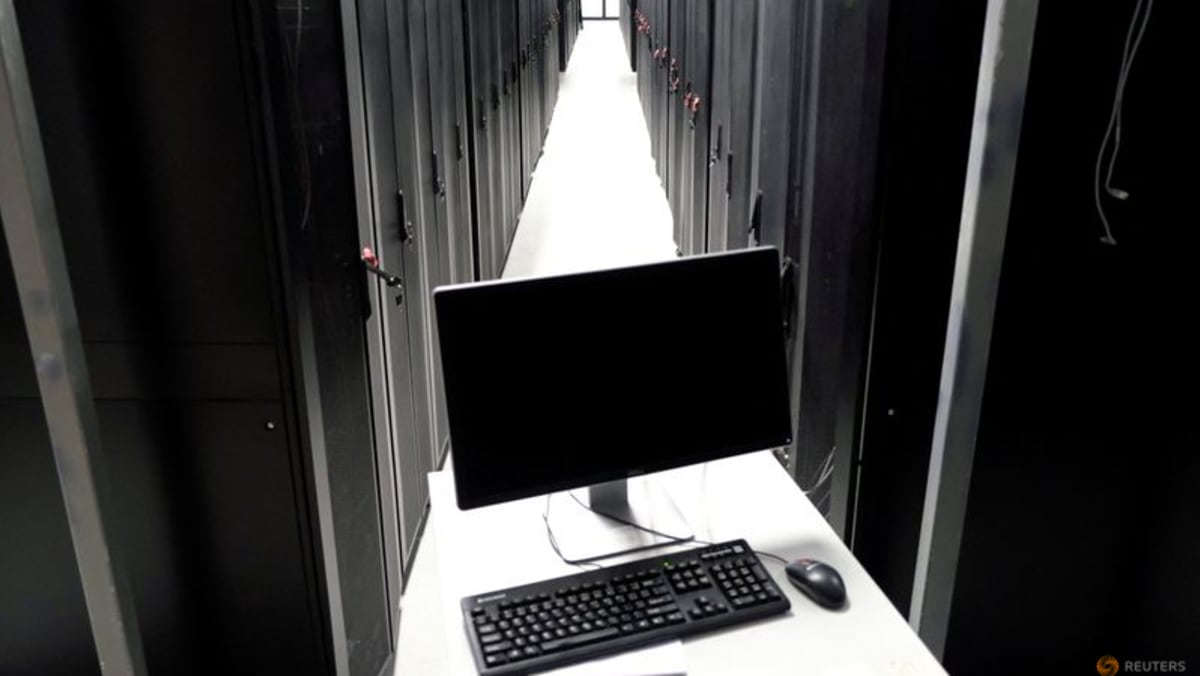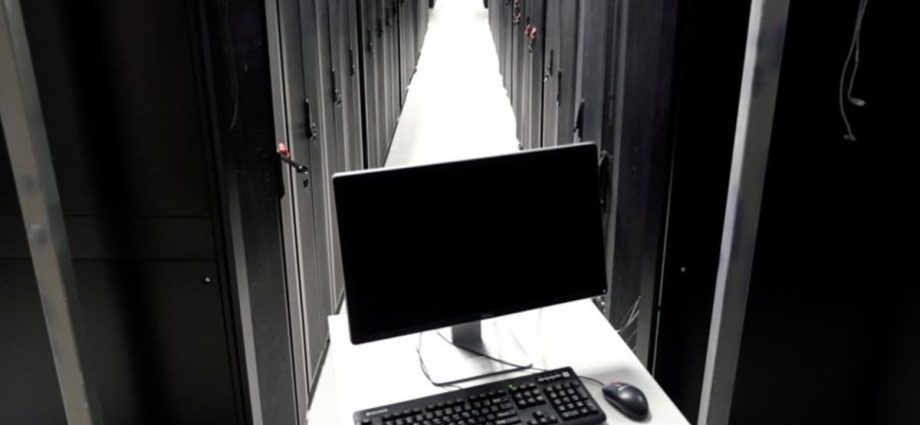
FEAR OF DEPENDENCE
SOEs were instructed last year to replace office software systems with domestic products by 2027, the first time such specific deadlines were imposed, according to five brokerage firms that cited a September 2022 order from China’s state asset regulator. Reuters could not independently verify the order.
Domestic replacement projects this year have targeted markedly sensitive infrastructure, the tenders show.
One partially redacted tender for a “certain government department in Gansu province” assigned 4.4 million yuan to replace an intelligence-gathering system’s equipment, without providing specifics.
People’s Liberation Army units in the northeastern city of Harbin and Xiamen in the south last December meanwhile issued tenders to replace foreign-made computers.
Tech researchers such as Mo Jianlei of the Chinese Academy of Sciences, the country’s largest state-run research organisation, said the Chinese government was increasingly concerned about Western equipment being hacked by foreign powers.
The state asset regulator did not return a request for comment.
Over the past year, state-linked researchers also called on Beijing to strengthen anti-hacking defences in its financial infrastructure due to geopolitical concerns.
One March research paper highlighted the dependence of China’s UnionPay credit card system on US software firm BMC for settlements.
“Beware of security vulnerabilities in hardware and software set by the US side … build a financial security ‘firewall’,” the researchers wrote.
BMC declined to comment.
An article published this year in the journal Cyberspace Security by researchers from the state-run China Telecommunications Corporation concluded the country was overdependent on chips made by US giant Qualcomm for back-end management, as well as on the iOS and Android systems.
“(They) are all firmly controlled by American companies,” the researchers wrote.
As China has not signed World Trade Organization clauses governing public procurement, the substitution effort does not appear to violate international accords, according to the US Treasury. The US has implemented similar rules barring Chinese companies from public sector bids.
Qualcomm, Google and Apple did not immediately return requests for comment.
WINNERS AND LOSERS
China’s effort to build an independent computing system dates back to at least its 2006 five-year plan for science and technology development, which listed the semiconductor and software systems sectors as national priorities.
This effort spawned state-owned companies that are increasingly winning major contracts. Two firms awarded the Harbin tenders were subsidiaries of China Electronics Corporation and China Electronics Technology Group Corporation – both heavily targeted by US sanctions.
The state regulator’s 2022 order pushed SOEs away from US companies such as Microsoft and Adobe, according to an employee of a Beijing-based firm that develops domestic office-processing software.
China Tobacco, for example, in July began switching some subsidiaries from Microsoft Windows to Huawei’s EulerOS, according to an employee of a software vendor that services the state-owned manufacturer.
The people spoke on condition of anonymity because they were not authorised to discuss clients and competitors.
For years, Western tech companies have shared their source code and entered into partnerships with domestic firms to address Beijing’s concerns, but prominent computer scientists such as Ni Guangnan of the Chinese Academy of Engineering have said such measures are not sufficient for China’s security needs.
China Tobacco, Microsoft and Adobe did not respond to requests for comment.
In September, Reuters and other outlets reported that some employees of central government agencies were banned from using iPhones at work.
“In certain sectors, customers … are opting for domestic suppliers, with foreign suppliers frequently facing informal barriers,” the European Union Chamber of Commerce in Beijing said in response to Reuters questions.
In a 2023 American Chamber of Commerce (AmCham) in Shanghai report, 89 per cent of the organisation’s tech business members named procurement practices favouring domestic competitors as a regulatory obstacle. It was the highest percentage of any sector.
AmCham Shanghai President Eric Zheng acknowledged China’s national security concerns but said he hoped “normal procurement procedures will not be politicised so that US companies can compete fairly and pursue commercial opportunities … to benefit both countries”.

